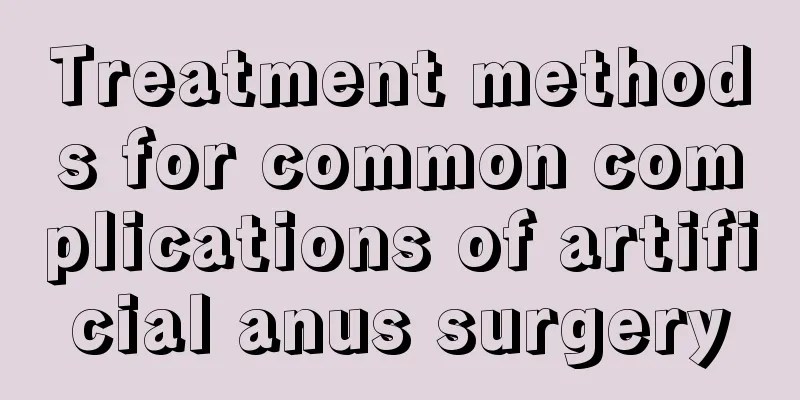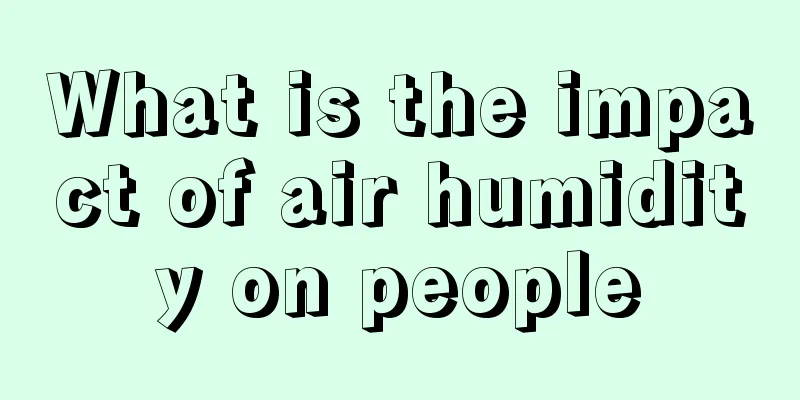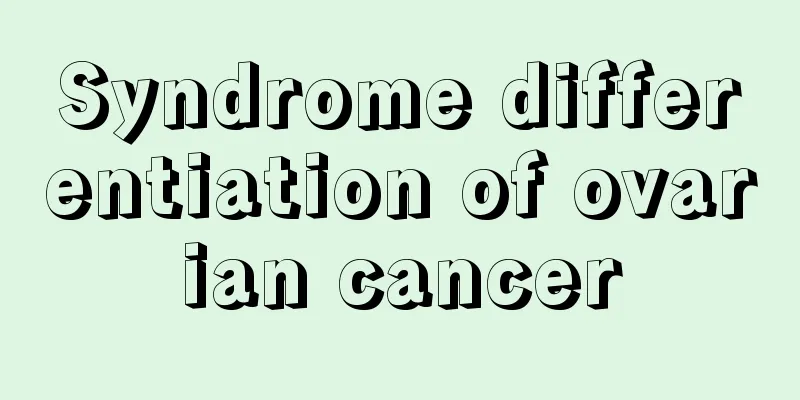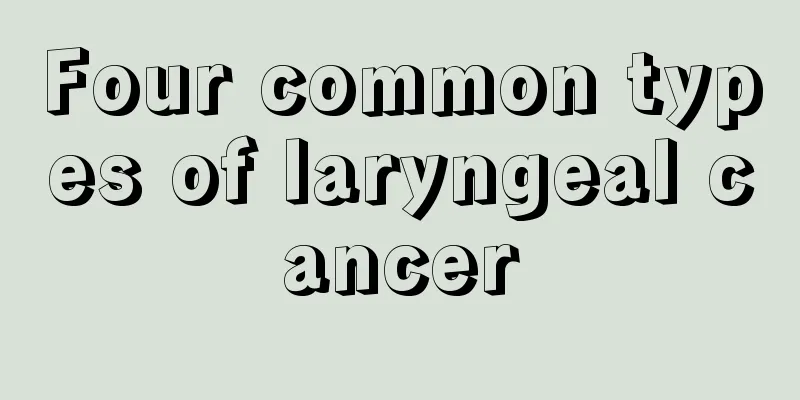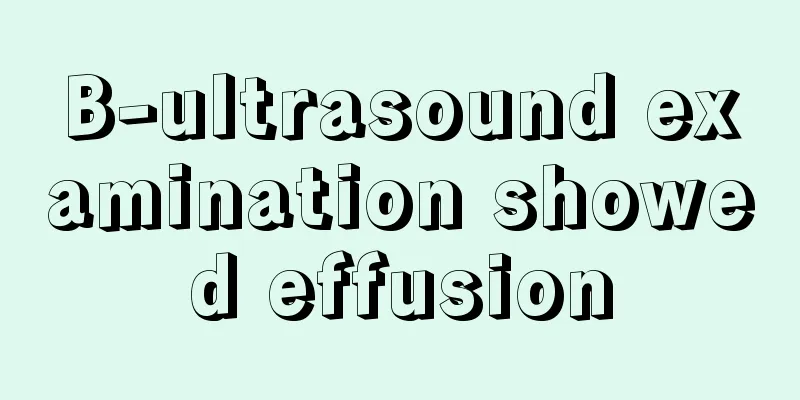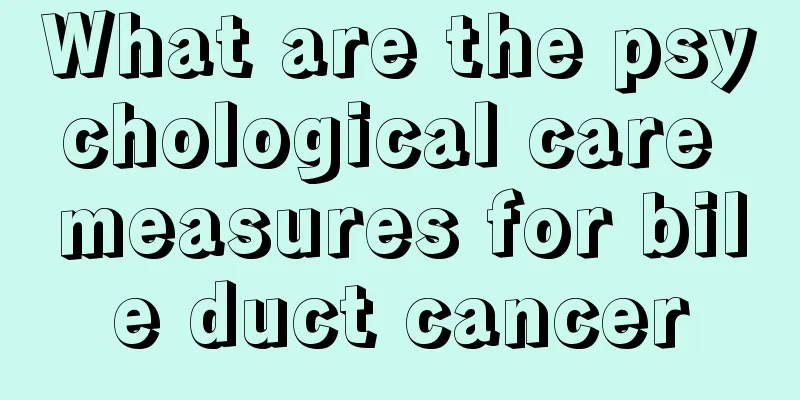High-salt diet is a risk factor for gastric cancer
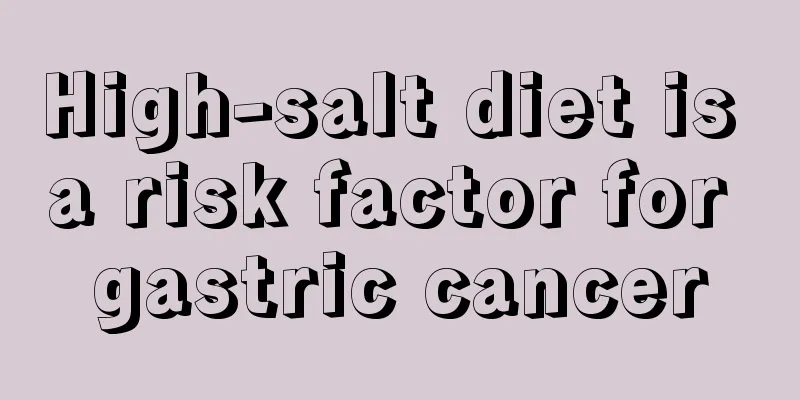
|
Clinical data show that there is a clear correlation between the light or heavy taste in the diet and the relative risk of gastric cancer. The data show that people with high-salt diets have a 191% increased relative risk of gastric cancer compared with those with light tastes. This is because high concentrations of salt promote the occurrence of gastric cancer. A domestic case-control study on gastric cancer showed that those who never ate salted foods accounted for 2.22% of the case group, while those who frequently consumed salted foods accounted for 33.06%. Moreover, as the frequency of consuming salted foods increased, the risk of disease would be significantly higher than that of the control group. Moreover, Japan's national nutrition survey shows that the mortality rate of gastric cancer is positively correlated with the per capita salt consumption. The more salt a person consumes in his daily food, the greater the relative risk of gastric cancer. Another epidemiological survey shows that if overseas immigrants with Japanese nationality change their previous high-salt eating habits, the incidence of gastric cancer will drop significantly. If they do not change their eating habits, the incidence of gastric cancer will not change. In response to the above situation, scientists have discovered through a large number of animal experiments and human disease studies that the higher the sodium salt intake, the higher the probability of people suffering from diseases such as gastritis, peptic ulcers, and gastric cancer. This is because after the human body consumes excessive salt, the high osmotic pressure in the stomach will cause direct damage to the gastric mucosa, causing pathological changes such as widespread diffuse congestion, edema, erosion, ulcers, necrosis, and bleeding in the gastric mucosa. A high-salt diet can also reduce gastric acid secretion and inhibit the synthesis of prostaglandin E, which has a protective effect on the gastric mucosa, making the gastric mucosa vulnerable to attack and damage by various attack factors. In addition, the nitrates contained in high-salt foods can be converted into nitrites, which are extremely carcinogenic. |
<<: Gastric cancer patients need dietary adjustment after surgery
Recommend
How to resume eating after fasting without rebounding, the principle is to resume eating gradually
Nowadays, many people choose the method of fastin...
How to excrete excess body fat
If there is too much fat in the human body, it is...
Can patients with gastric cancer exercise in the morning?
Gastric cancer itself is a wasting disease, which...
Urinary diversion methods suitable for bladder cancer patients
Bladder cancer is a common malignant tumor of the...
My face is allergic and has a lot of small pimples
I believe that many people who do not have oily a...
Signs of high mental stress
Too much mental stress can lead to some other sym...
What are the effects of dandelion and black buckwheat tea
The dandelion plant is very common in our daily l...
How to deal with yam so it doesn’t stick
Because yam secretes a kind of mucus, if this muc...
What is the best way to treat lung cancer? What is the specific chemotherapy regimen for lung cancer treated by PDD?
The cycle of chemotherapy for lung cancer depends...
Repeated peeling of forehead
In daily life, if our face peels, everyone will f...
What are the causative factors of liver cancer? What are the principles of treating liver cancer?
Liver cancer is one of the most common malignant ...
Is it harmful to the body to do lung CT scan
With the advancement of medical technology, CT sc...
What should I pay attention to when having a pituitary tumor
Patients with pituitary tumors can no longer do a...
What are the methods to reduce edema caused by kidney disease?
If the body has kidney disease, it is easy to cau...
Sequelae of eye bag excision, these failure manifestations should be taken seriously
Blepharoplasty is a very common method to remove ...
